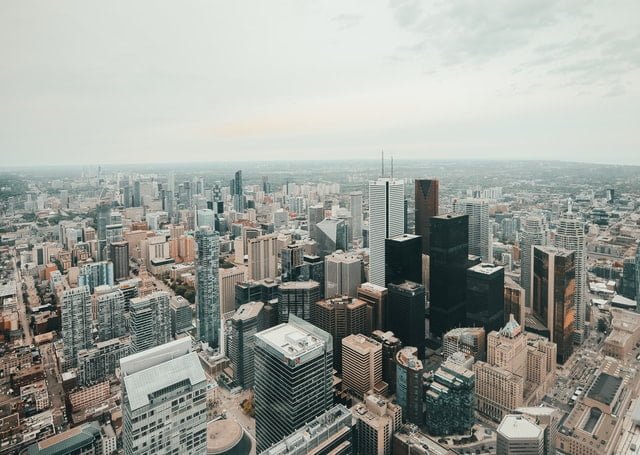The Canadian commercial property market stabilized despite the pandemic in the first quarter. The increase in vaccination recipients across the nation helped to boost confidence in investors as an optimistic outlook on the economy took over despite uncertainty brought on by the third wave of the pandemic.
Multi-suite residential rental properties have continued to experience strong bids from investors, enjoying medium to long-term prospects. Industrial investment demands remain high, which leads toward high transaction volumes resulting in increasing property values.
All low-risk and multi-suite residential rental properties also remained stable with high transaction activity, this was mainly caused by increased investor confidence.
Multi suite residentials and industrial buildings, known as defensive assets, had strong bidding due to their stable and positive outlooks. The positive outlooks of the vaccine rollout and government transfers helped boost the economic and investment market in the second half of 2021 as we get a clearer look at the commercial real estate sector.
But, when it came to potential office and non-essential retail property asset acquisitions, investors were pretty cautious when approaching those situations, which is to be expected.
The impact of the work from home orders from late last year have had continuous impacts on the sector during early 2021. In Canada, the national vacancy rose 1.2% over the first quarter to 14.6%, which is the highest rate since 2002. On average, the first-quarter vacancy rate for downtown areas in major cities like Toronto, Edmonton and Vancouver rose to 13.3%, the highest rate in 20 years.
As the year progresses, the extent to which companies will mandate employees to return to office work will then dictate the leasing performance over the next term while investors selectively acquire office properties over the rest of the year.

